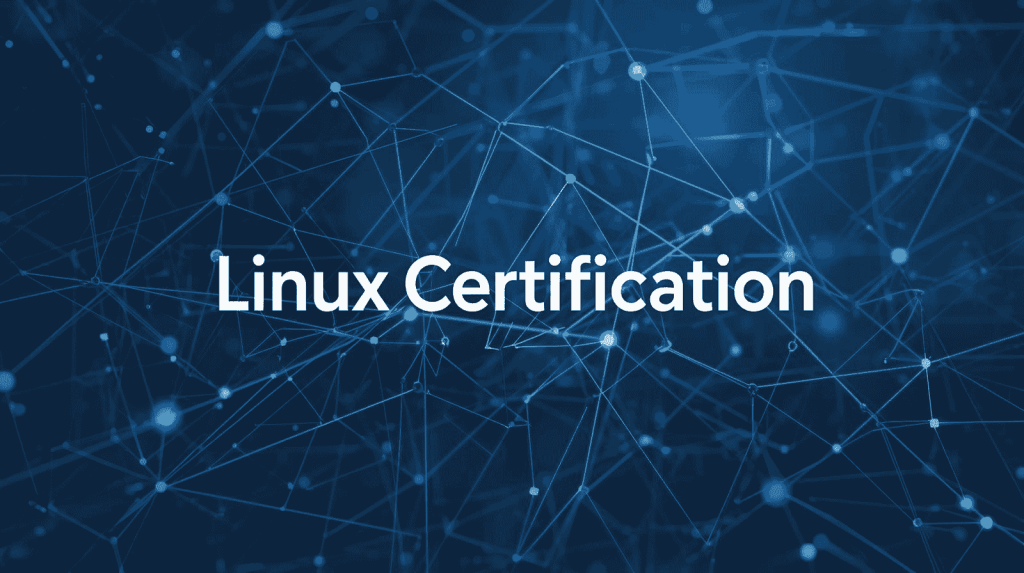
In the contemporary information technology landscape, proficiency in open-source operating systems has transitioned from a niche skill to a foundational competency. Pursuing a recognized linux certification validates a professional’s technical acumen and signifies a commitment to mastering the infrastructure that powers modern cloud computing, DevOps practices, and enterprise IT environments. For individuals seeking to navigate this path, a structured approach beginning with a comprehensive overview of the examination landscape is crucial. A detailed exploration of the core components and objectives of a typical linux certification exam provides the necessary framework for effective preparation.
The Evolving Role of Linux Proficiency in Enterprise Infrastructure
The strategic value of a linux certification extends far beyond simple command-line familiarity. As organizations increasingly migrate to hybrid and multi-cloud architectures, the demand for professionals capable of managing, securing, and optimizing Linux-based systems has surged. These credentials offer a standardized measure of an individual’s ability to handle critical tasks such as system configuration, package management, and network services administration. This validation is particularly important when considering the vast ecosystem of distributions and specializations. Aspiring candidates can benefit from reviewing the comprehensive certification pathways offered by leading open-source organizations to understand the scope and specialization options available.
Deconstructing the Examination Framework for Optimal Preparation
A successful journey to certification requires a deep understanding of the exam’s structure and domains. These assessments are meticulously designed to evaluate both theoretical knowledge and practical, hands-on skills. Candidates are often tested on their ability to perform real-world tasks under time constraints, mirroring the pressures of a production environment. Key domains typically include system architecture, Linux command-line operations, file systems hierarchy, and scripting. Engaging with a linux certification preparation program that incorporates performance-based questions is therefore not merely an academic exercise but a simulation of professional responsibilities. For instance, practicing with resources that mimic the format of examinations, such as those for the Linux Essentials objective, builds the muscle memory and problem-solving speed required for success.
Aligning Certification Paths with Professional Aspirations
Not all credentials hold equal weight for every career trajectory. The choice of which linux certification to pursue should be a strategic decision aligned with one’s professional goals. Foundational-level certifications are excellent for establishing core competencies, while professional and architect-level credentials are designed for those aiming for senior systems administration, DevOps engineering, or site reliability engineering roles. Each path demands a different depth of knowledge, from basic operations and security fundamentals to advanced topics like container orchestration and infrastructure automation. This strategic alignment ensures that the effort invested directly supports career advancement and addresses the specific skill gaps sought by employers in target industries.
Integrating Practical Application with Theoretical Knowledge
A common pitfall in preparation is an over-reliance on theoretical study. The most effective approach integrates consistent, hands-on practice in a lab environment. Setting up virtual machines, configuring services like Apache or Nginx, managing user permissions, and writing Bash scripts to automate tasks are indispensable activities. This practical application solidifies abstract concepts and prepares the candidate for the performance-based questions that are a hallmark of a reputable linux certification exam. The ability to troubleshoot a broken boot process or secure a network service is best learned through doing, not just reading, making a robust home lab an essential component of any study plan.
Forging a Path to Professional Validation and Career Advancement
Achieving a linux certification is a demonstrable milestone that distinguishes a candidate in a competitive job market. It provides an objective, third-party validation of skills that reassures employers of a certain standard of competency. However, the ultimate value lies not only in the credential itself but in the rigorous learning process required to obtain it. The knowledge gained forms a robust foundation upon which to build further expertise in emerging areas like cloud-native technologies and infrastructure as code.
To translate this understanding into tangible success, a disciplined and resource-rich preparation strategy is non-negotiable. Take the next definitive step in your professional development. To thoroughly assess your readiness and identify areas for focused study, utilize specialized repository of practice examinations and preparatory materials designed to mirror the challenges of the actual assessment.